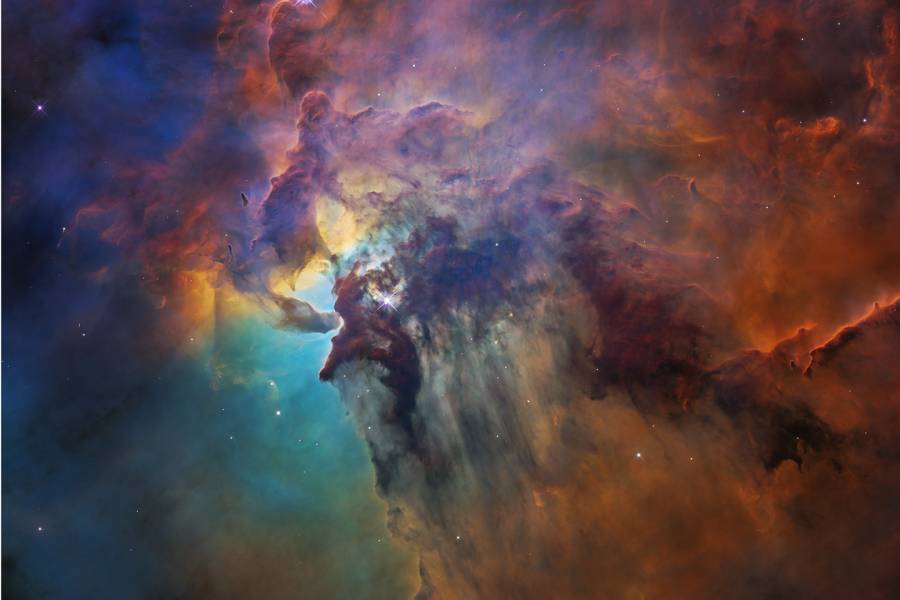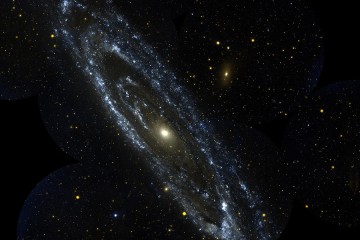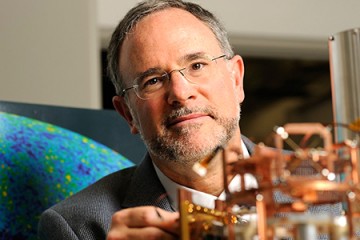- Name
- Jon Schroeder
- jon.schroeder@jhu.edu
- Office phone
- 410-516-8594
Whether investigating the inner workings of the human body or probing the universe's mysterious cosmic gravitational waves, researchers from five divisions of Johns Hopkins will blaze new trails in space science through seed grants awarded by Space@Hopkins, the Johns Hopkins initiative to bring together researchers from across the university who focus on civilian space studies.
Since 2016, Space@Hopkins has awarded yearly seed grants of up to $25,000 to provide proof-of-concept demonstrations for teams to use as leverage toward external funding opportunities, which many teams have already secured. In its first two years, Space@Hopkins funded a total of 11 seed grant projects that include undergraduates, as well as primary investigators and co-investigators from four university divisions: the Applied Physics Laboratory, the School of Medicine, the Krieger School of Arts and Sciences, and the Whiting School of Engineering. This year, Space@Hopkins will provide seed funding for seven new research projects, and for the first time, co-investigators include researchers from the Bloomberg School of Public Health.
The third round of Space@Hopkins seed grant recipients are:
- Advanced component development for future microwave cosmological studies, principal investigator: Joseph Eimer, research scientist in the Department of Physics and Astronomy
- Lightweight architected materials under extreme conditions for space applications, principal investigator: Stavros Gaitanaros, assistant professor in the Department of Civil Engineering
- Deconvolving the sulfur isotope record of early Earth ecosystems with implications for exobiology studies, principal investigator: Maya Gomes, assistant professor in the Department of Earth and Planetary Sciences
- Test of gravity theory using stellar astrometry and gravitational-wave science, principal investigator: Marc Kamionkowski, associate professor in the Department of Physics and Astronomy
- New insights into planet formation with NASA's Transiting Exoplanet Survey Satellite (TESS), principal investigator: Kevin Schlaufman, assistant professor in the Department of Physics and Astronomy
- Analyzing the effects of high and low LET radiation on the gut-brain axis, principal investigator: Karen Sfanos, associate professor of pathology
- Developing statistical tools for the new era of time-variable astronomy, principal investigator: Nadia Zakamska, associate professor in the Department of Physics and Astronomy
Applications for the next round of Space@Hopkins seed grants will open during the spring semester of 2019.
Posted in Science+Technology
Tagged outer space, space@hopkins










